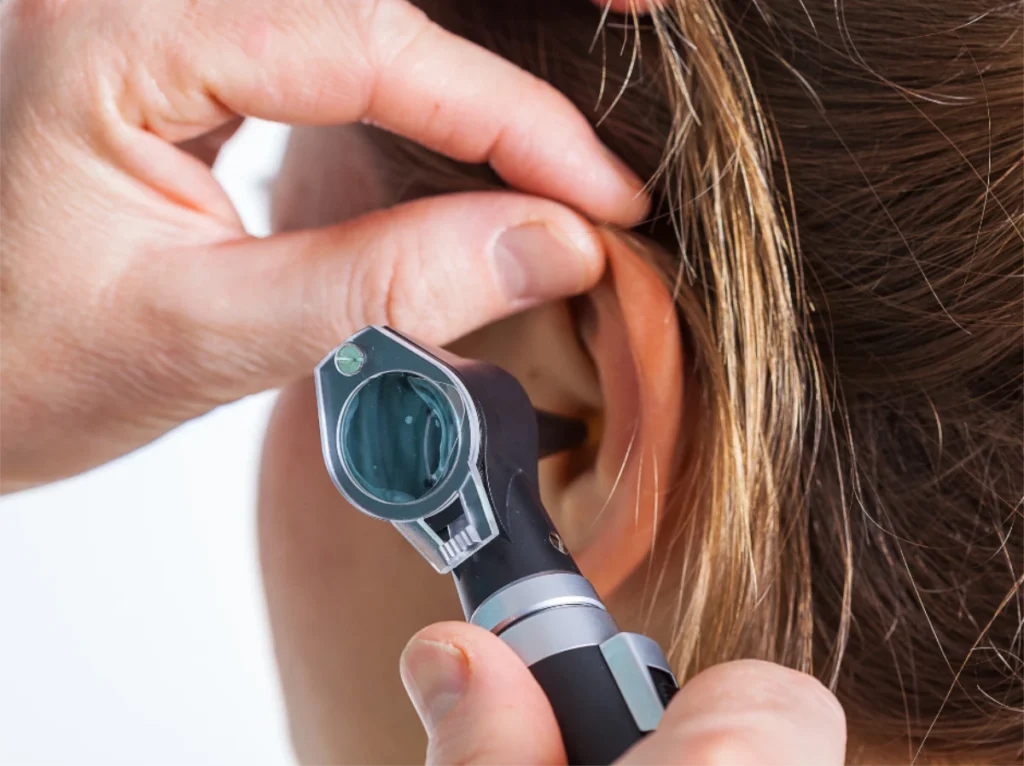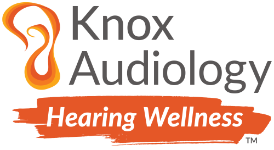What Is Hidden Hearing Loss? Understanding the Signs You Might Be Missing

Most of us expect hearing loss to show up clearly — struggling to understand the program on TV, constantly asking people to repeat themselves, or missing doorbells and phone notifications. But not all forms of hearing loss are that obvious. At Knox Audiology, we know some people’s hearing tests yield “normal” results, yet they still find themselves straining to follow conversations in noisy environments. This is known as hidden hearing loss, and it’s a condition that often goes unnoticed until it begins to impact daily life.
What Is Hidden Hearing Loss?
Hidden hearing loss is different from traditional hearing loss. With traditional hearing loss, sounds may seem quieter, muffled, or missing altogether, and these changes typically appear on a standard hearing test (audiogram). In contrast, people with hidden hearing loss may hear well in quiet environments, but their ears and brain struggle to process speech when background noise is present.
This occurs because the issue isn’t with detecting sound, but with how the auditory system processes and separates important sounds—like a friend’s voice—from competing noise. Research suggests this may be linked to subtle damage in the connections between inner ear hair cells and the auditory nerve, which isn’t detected by conventional, minimally invasive hearing tests.
Common Signs You Might Be Missing
Hidden hearing loss can be frustrating and confusing, especially because routine hearing checks may come back “normal.” Some common signs include:
- Difficulty following conversations in noisy places like restaurants, cafes, or busy offices
- Feeling that people mumble, even though your hearing test results are fine
- Frequently asking others to repeat themselves in group conversations
- Experiencing listening fatigue or headaches after long conversations or meetings
- Struggling to focus on speech when there are multiple talkers or background sounds
If these sound familiar, it’s important not to dismiss them as just “being tired” or “not paying attention.” They may be early indicators of hidden hearing loss.
Why Standard Hearing Tests May Not Detect It
Traditional audiograms measure your ability to hear tones at different pitches and volumes in quiet conditions. While these tests are essential for detecting many forms of hearing loss, they don’t measure how well your auditory system processes sound in complex, real-world environments.
This is why someone may have a “perfect” hearing test on paper yet still experience real difficulties in everyday listening situations. More advanced testing methods—such as speech-in-noise tests or auditory processing evaluations—can provide a clearer picture of what’s happening.
The Importance of Early Detection and Intervention
Hidden hearing loss can affect communication, work performance, social interactions, relationships, and overall quality of life. Luckily, audiologists have tools and strategies to help manage these challenges.
- Early intervention may include:
- Advanced hearing assessments that go beyond the standard audiogram
- Auditory processing assessments and auditory training.
- Practical strategies to improve listening in noise
- Assistive listening devices or hearing technology designed for complex listening environments
- Guidance on protecting your hearing from further damage
If you’ve ever felt that you hear well in quiet but struggle in noisy places, you may be experiencing signs of hidden hearing loss. Don’t ignore these early red flags—especially if they are impacting your social life or work. Scheduling an assessment with one of Knox Audiology’s qualified audiologists can provide clarity and open the door to effective strategies for managing listening challenges.
Prioritising hearing health means paying attention not only to what shows up on a test, but also to how you feel in everyday situations. If you recognise these signs in yourself or someone you care about, consider reaching out for an assessment or a discussion with one of Knox Audiology’s qualified clinicians.
